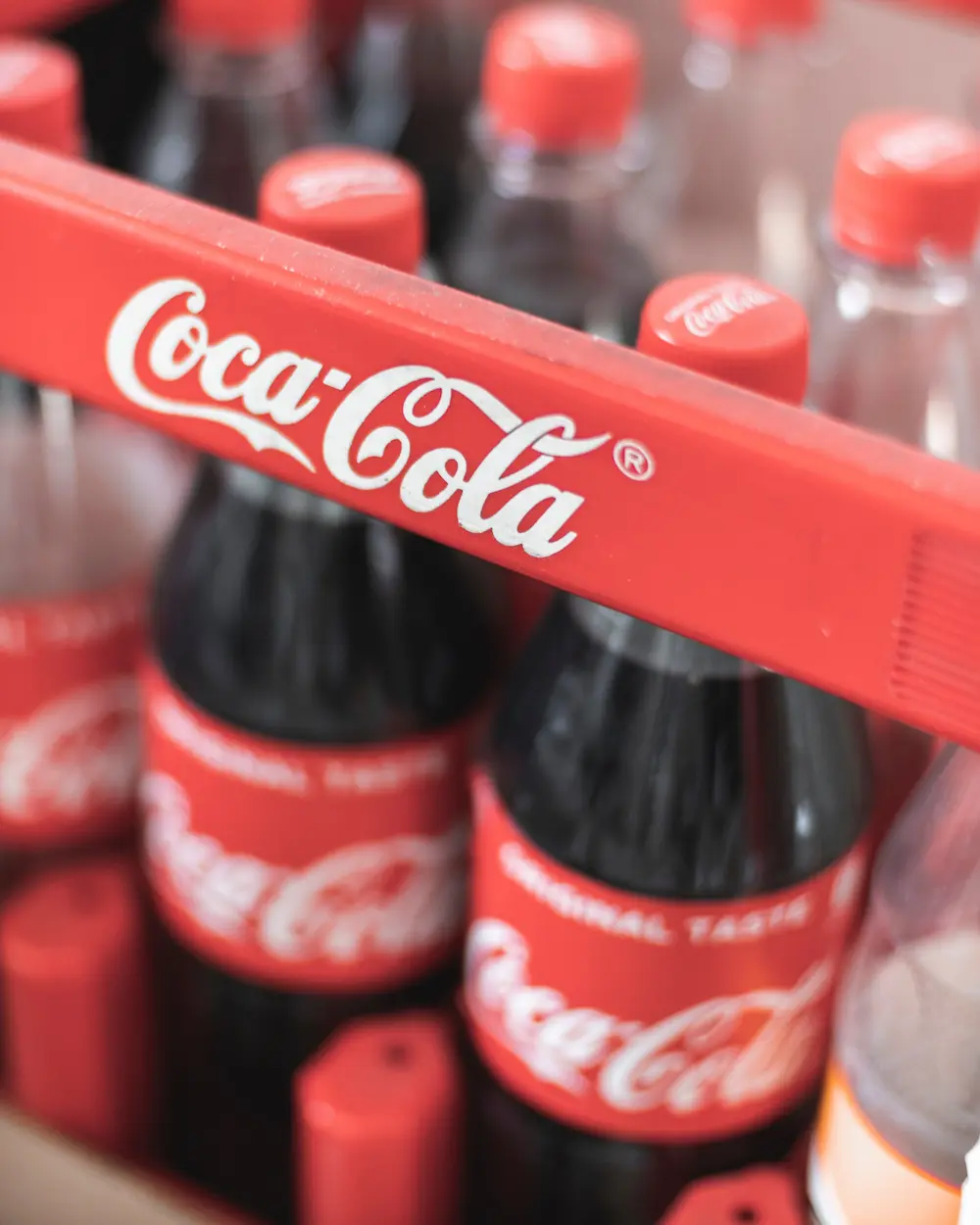When a company with annual revenues of more than $40 billion and a spot on the Fortune 100 goes big on artificial intelligence, it’s time to pay attention.
That’s exactly what happened in February 2017, when iconic beverage maker Coca-Cola signalled its desire to adopt AI for high-level marketing work. Mariano Bosaz, Coke’s global senior digital director, said the following at the Mobile World Congress, reports Adweek:
“Content creation is something that we have been doing for a very long time—we brief creative agencies and then they come up with stories that they audio visualize and then we have 30 seconds or maybe longer. In content, what I want to start experimenting with is automated narratives.”
But that looks like just the beginning for the soft drink giant. Reports The Drum:
“This experimentation will explore how AI can be applied to everything from choosing music, updating social media and even writing scripts although even Bosaz concedes that removing humans from the equation entirely remains a ‘long-term vision’.”
While it’s unclear just how far down the path of AI-enabled marketing Coke will travel, this is highly significant news for marketers.
Consider the sheer scope of Coca-Cola’s marketing and advertising operations. Coke spent almost $3.5 billion on advertising in 2014, according to Investopedia. That spend won’t be decreasing any time soon. As Investopedia puts it:
“Due to the highly competitive nature of the beverage industry, large brands such as Coca-Cola are required to make large spends on multi-channel advertising campaigns. This means that if Coca-Cola does not consistently advertise, it will lose market share to other large competitors, such as PepsiCo, Inc.”
If Coke applies AI to even a fraction of these activities, it will be a major market signal to other brands. In the short term, AI could help Coke gain a serious competitive advantage by optimizing advertising spend or marketing activities automatically and more effectively. In the long term, AI could help Coke’s advertising agencies do more with fewer people—or automate their work completely.
However, as The Atlantic rightly points out, there’s a tendency for brands to indiscriminately use the term “artificial intelligence” in a vague manner:
“Coca-Cola reportedly wants to use ‘AI bots’ to ‘crank out ads’ instead of humans. What that means remains mysterious.”
A cynical statement, but all too true for many brands. Companies don’t always have a clear picture of what AI can actually do or realistic ways to implement it in their operations. But what The Atlantic misses is that real, practical technology exists to achieve Coke’s AI ambitions.
There are already marketing solutions that automatically generate thousands of stories in seconds from structured data. These tools use natural language generation (NLG) to turn datasets into written narratives. NLG solutions like Automated Insights and Narrative Science help major brands—like the Associated Press and the Orlando Magic—create content automatically at scale.
Related Read: How the Associated Press and the Orlando Magic Write Thousands of Pieces of Content in Seconds
So while it remains to be seen how the company actually implements AI, and how much of the creative process can be replaced by machines, big brands like Coca-Cola are going to be increasingly making major bets on the potential of AI to disrupt marketing and advertising.
Marketers who learn how to leverage AI stand to win big for their brands and clients. The ones who write it off as all hype are allowing a major blindspot to exist in their strategic outlook.
Mike Kaput
As Chief Content Officer, Mike Kaput uses content marketing, marketing strategy, and marketing technology to grow and scale traffic, leads, and revenue for Marketing AI Institute. Mike is the co-author of Marketing Artificial Intelligence: AI, Marketing and the Future of Business (Matt Holt Books, 2022). See Mike's full bio.



